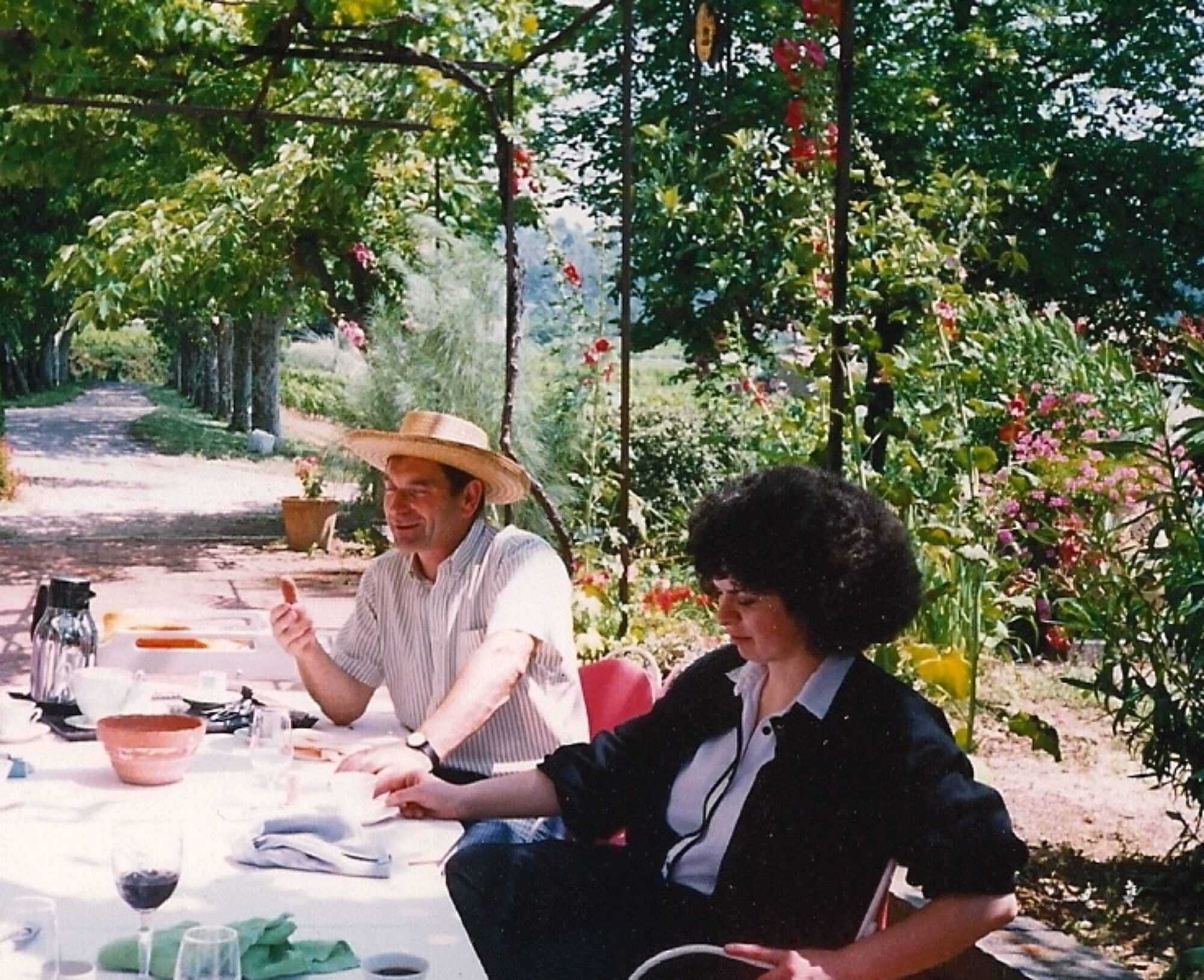Last year I skipped my annual compilation list of poems and translations because my production was so lean. 2018 was instead a bumper crop, especially in translation, so I am resuming this tradition.
Included are some translations which have been on the drawing board for years, but are now finished. I’m linking to the commented versions but if you prefer to read without any framing of them, they can be found in my Index to Translations.

First, just finished after an intense four week bout: Pier Paolo Pasolini’s epochal Gramsci’s Ashes (Le ceneri di Gramsci). I have maintained his terza rima form, refuting, to my mind, the canard that English is short of rhymes.
After years of promising myself to settle down to a task begun more than a decade ago, I buckled down in November and came up with this version of Hafez’s ghazal in Persian, Joseph Gone Astray (یوسف گمگشته).


Late last year I returned to the study of Mandarin, without too much ambition, since it is late in my life. But I did want to work on my intonations and spend some time with Chinese again. I fell upon Xu Zhimo’s Adieu to Cambridge (再别康桥), one of the most-read poems from early twentieth century China, written as he was leaving after a sojourn studying English literature at Cambridge.

Over three decades ago a friend in Mexico City complimented me with the remark that if Sor Juana had written in English, she would have written the way I translated her in You Silly Men (Hombres necios). I took the compliment with a grain of salt but I do still like what I did then, especially now that I have fixed a few problems with it. From Spanish.

At the urging of another friend, a professor of Italian literature, I put myself to completing the third and fourth sections of Gabriel D’Annunzio’s Rain on Pines (La pioggia nel pineto). Again: proof that English can too rhyme.

Finally, one more poem from Italian, Eugenio Montale’s Lemon Trees (I limoni). In my notes I explain what captivated me about this early twentieth century poem by one of the nmasters of Italian hermeticism.
I have a couple other translation projects on deck, in particular some poems from the Provençal of Arnaut Daniel. But my experience with Pasolini seems to have achieved what translation customarily does for poets, inspired me to return to my own work.
